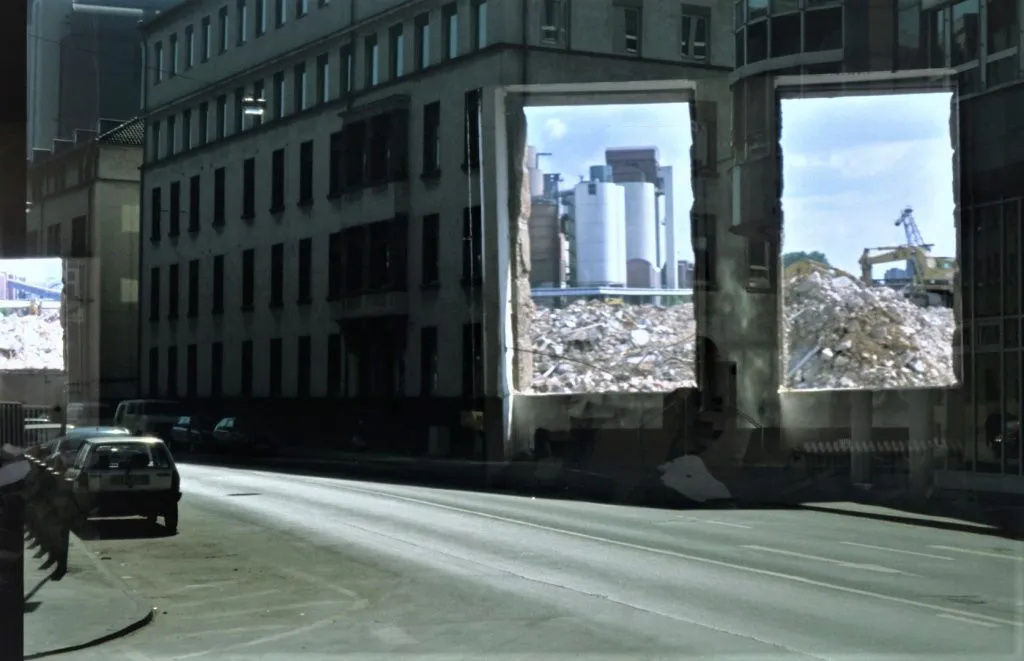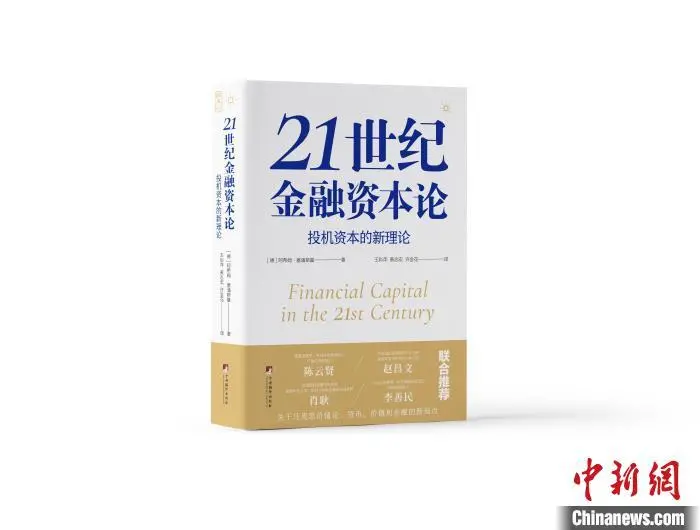Eine Präambel zur Dekolonisierung des Geldes
Wirtschaftliche Medien: In einer Gegenwart, die auf der Vereinnahmung fast aller revolutionären Ausdrucksformen durch ein computergestütztes Mediensystem beruht, ist diese Vereinnahmung und die daraus folgende Abschottung des revolutionären Werdens ein zentrales Merkmal des computergestützten Rassenkapitalismus. Das Streben, ja der Kampf […]
Eine Präambel zur Dekolonisierung des Geldes







